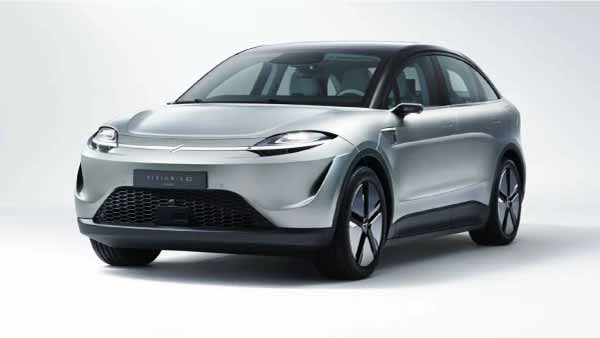In recent years, concern for the environment has led to the search for greener alternatives in different areas. One of them is mobility. Electric cars have become an increasingly popular option for those looking for an eco-friendly and economical alternative to traditional gasoline or diesel vehicles. In this article, we’ll tell you everything you need to know about electric cars.
What are electric cars?
Electric cars, also known as electric vehicles or EVs , are those that use electric batteries instead of gasoline or diesel to operate. These batteries are recharged by connecting to an external electrical power source, such as an electrical outlet.
What are the advantages of electric cars?
There are several advantages of electric cars compared to traditional vehicles that run on gasoline or diesel:
They are cheaper to maintain: In general, electric cars require less maintenance than traditional vehicles. Electric cars don’t need oil changes or air filters, and their brakes last longer because the regenerative braking system uses them less frequently.
They are more environmentally friendly: Electric cars do not emit exhaust gases that pollute the environment. In addition, the electricity used to charge the batteries can come from renewable sources, such as solar or wind power, further reducing their carbon footprint.
They are quieter: Electric cars are quieter than traditional vehicles that run on gasoline or diesel. This is because they don’t have a noise-producing internal combustion engine.
They offer a different driving experience: Electric cars have faster and smoother acceleration than traditional vehicles that run on gasoline or diesel. In addition, their lower center of gravity gives them a more stable and safe driving feeling.
They can be cheaper in the long run: Although the initial cost of an electric car may be higher than that of a traditional vehicle, in the long term they can be cheaper because electricity is cheaper than gasoline or diesel.
What are the disadvantages of electric cars?
Despite their advantages, electric cars also have some disadvantages to consider:
Its autonomy can be limited: The number of kilometers that an electric car can travel on a single battery charge can be less than that of a traditional vehicle that runs on gasoline or diesel. However, this distance has been increasing with time and technology.
They may require a charging infrastructure: Although electric cars can be charged in a normal power outlet, for faster charging a special charging station will be needed. This may require an investment in infrastructure that not all users are willing to make.
They can be more expensive initially: The price of an electric car can be higher than that of a traditional vehicle that runs on gasoline or diesel. However, this can be offset by long-term savings in fuel and maintenance.
Model availability may be limited: Although the supply of electric cars has been increasing over time, they may still be less common than traditional vehicles. This can limit the choice of models available to users.
How do you charge an electric car?
Electric cars can be charged at a normal power outlet, although this can take several hours. For faster charging, special charging stations can be used, which can be found in public places such as parking lots or gas stations. These charging stations use a special connection to recharge the electric car battery in less time.
How long does it take to charge an electric car?
The time it takes to charge an electric car will depend on the type of charger used and the capacity of the vehicle’s battery. In general, a full charge can take anywhere from several hours at a regular outlet to 30 minutes at a fast-charging station.
How much does it cost to charge an electric car?
The cost of charging an electric car will depend on the price of electricity in your area and the capacity of the vehicle’s battery. In general, charging an electric car will be cheaper than filling up a tank of gas in a traditional vehicle.
Conclusion
They are an increasingly popular alternative for those looking for a more ecological and economical option to get around. Although they still have some limitations, such as autonomy and charging infrastructure, their use has been increasing over time and technology. If you are thinking of buying an electric car, be sure to consider all the advantages and disadvantages and check if this option is right for you and your needs. They are a way to contribute to the preservation of the environment and the reduction of the carbon footprint on the planet. Dare to try this mobility option!


